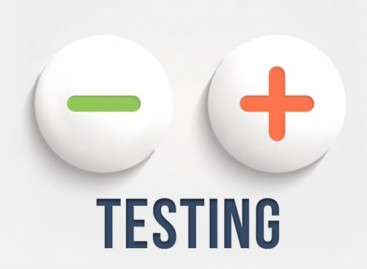- QATestLab Blog >
- QA Basics >
- Types of Software Testing >
- Traditional and Modern Way of Software Testing
Traditional and Modern Way of Software Testing

Many organizations still use such testing methodology (it is also called traditional) where software testing is usually conducted after the build and execution stages.
Traditional (old) way of software testing:
- Requirement
- Design
- Code & Build
- Testing
- Maintenance
Unfortunately that is an erroneous methodology because the earlier you find an error – the more funds you can save.
For example, fixing an error in maintenance is ten times more expensive than fixing it during execution.
But many organizations have improved this way of thinking and choose modern way of software testing. In this philosophy testing should take place in every stage.
Modern way of software testing:
- Requirement => Testing
- Design => Testing
- Build & Execution => Testing
- Test => Testing
- Installation => Testing
- Maintenance => Testing
In the requirement stage software tester can check if the requirements are met according to the client’s wants.
In the design phase tester can verify whether the design document covers all the requirements. In this phase it is also possible to generate rough functional data. Software tester can as well review the design document from the architecture and the accuracy perspectives.
In the build and execution phase testing team can execute unit test cases and generate structural and functional data.
In the testing stage we can run the system test cases and verify whether the system operates according to the requirements.
During installation software tester need to check whether the system is compatible with the software.
Conclusively, in the maintenance stage when any fixes are made QA team can retest the fixes and follow regression testing.
Learn more from QATestLab
Related Posts:
- Comparison of Verification & Validation and QA View Points
- Definitions and Meaning: Error, Fault, Failure and Defect
- What Is Software Bug Seeding?







No Comments Yet!
You can be the one to start a conversation.